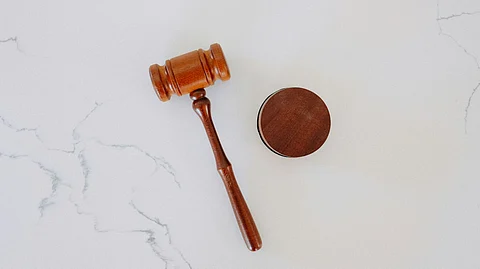The Supreme Court has called on the state governments to introduce a policy to ensure that hospitals do not compel patients to purchase needful medical commodities from associated pharmaceutical outlets at inflated rates, as compared to notified market prices. However, the Court cautioned the authorities from taking a hard line while formulating guidelines concerning the issue, which might adversely affect private investment in the healthcare sector.
In response to the Public Interest Litigation (PLI), against the practice of private hospitals compelling patients to buy medicines from the in-house stores, filed by Siddharth Dalmia, the two-judge bench of Justices Surya Kant and N Kotiswar Singh observed that governments must be sensitised to the issue of unreasonable charges and financial exploitation in the private healthcare sector. In the plea submitted to the SC, Dalmia argued that this unfair practice by private health sector amounts to blackmail, depriving patients of their right to fair pricing. The petitioner further cited an instance of exploitation he experienced when a relative underwent extensive treatment at a private hospital.


